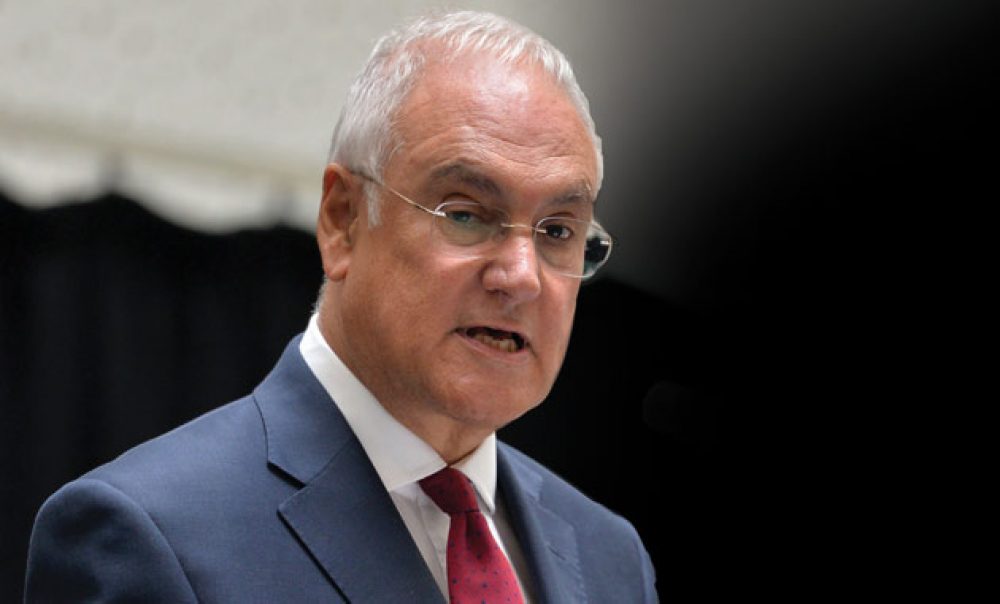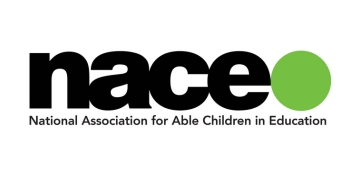Ofsted has raised “serious” concerns about the teaching of key English Baccalaureate (EBacc) subjects in years 7 to 9, claiming they are the “poor relation” in secondary education.
Chief inspector Sir Michael Wilshaw commissioned a survey to look at the effectiveness of key stage 3 (KS3) after last year’s annual report highlighted the poor transition for many pupils from primary to secondary school.
The new report, “The Wasted Years?”, published today and based on more than 1,900 inspections, claims that achievement was “not good enough in just under half of the modern foreign language classes observed, two-fifths of the history classes and one third of the geography classes”.
As of this new academic year, every pupil in year 7 must study these subjects until they are 16.
Ofsted said it was concerned about the number of pupils who told inspectors they opted not to take the subjects for GCSE because of poor teaching during years 7 to 9.
Sir Michael said: “It is, therefore, no surprise that there is a low take-up of these subjects at GCSE. This is a serious concern, given the government’s ambition for all pupils starting secondary school this month to enter the EBacc subjects in five years’ time.”
KS3 was also a low priority in terms of timetabling, with 85 per cent of school leaders admitting they arranged staffing for GCSE and A-level groups first, leaving younger pupils to be taught more often by non-specialist teachers.
Pupil premium funding was also found to be concentrated on interventions for pupils studying GCSEs rather than across year groups.
Sir Michael said that the importance of KS3 could not be “overstated”, adding: “KS4 results will not improve until KS3 is given a greater priority by school leaders.”
However, Association of School and College Leaders’ general secretary Brian Lightman said: “The reality is that schools are working hard on ensuring a good transition from primary to secondary and the education of 11 to 14-year-olds.”
Mr Lightman also noted that Ofsted’s lack of routine inspection of outstanding schools meant that they did not see much of the good practice that happens in schools.
“It also needs to be understood that the education system demands an intense emphasis on the later years because of the importance of results in GCSEs and A-levels. Schools have no choice but to focus more of their resources in this direction, while balancing this demand against the need to give 11 to 14-year-olds a good foundation at secondary level.”
KS3 is the only national curriculum group that is not externally assessed.
Michael Tidd, a deputy head at a Nottinghamshire primary school and former middle school teacher, said: “I am sure schools will fairly think this report is unfair on them, but I think it is actually one that is needed as there is a lot that needs to be done.”
He added: “At primary we are talking about having specialist teachers in years 5 and 6, and it is worrying that we are talking about that pupils might not then have specialists in years 7 to 9.”
The Department for Education responded to Ofsted’s notice by stating that the new Progress 8 measure reflects progress made by all pupils across both secondary key stages.
The report analysed 1,600 routine inspections between September 2013 and March 2015, as well as more than 300 monitoring inspections, almost 11,000 pupil questionnaires, and 100 interviews with senior leaders.
Read the seven key points from today’s report here.







I am amazed that 85% of school leaders admitted arranging staffing for GCSE and A level classes first.
Surely it should be 100%!
What do the 15% of school leaders do? Do they assign their A level teachers to year 7 teaching and then say “whoops”, we’ve got no-one left capable of teaching any A levels?
This is a bogus statistic turned into “spin”.